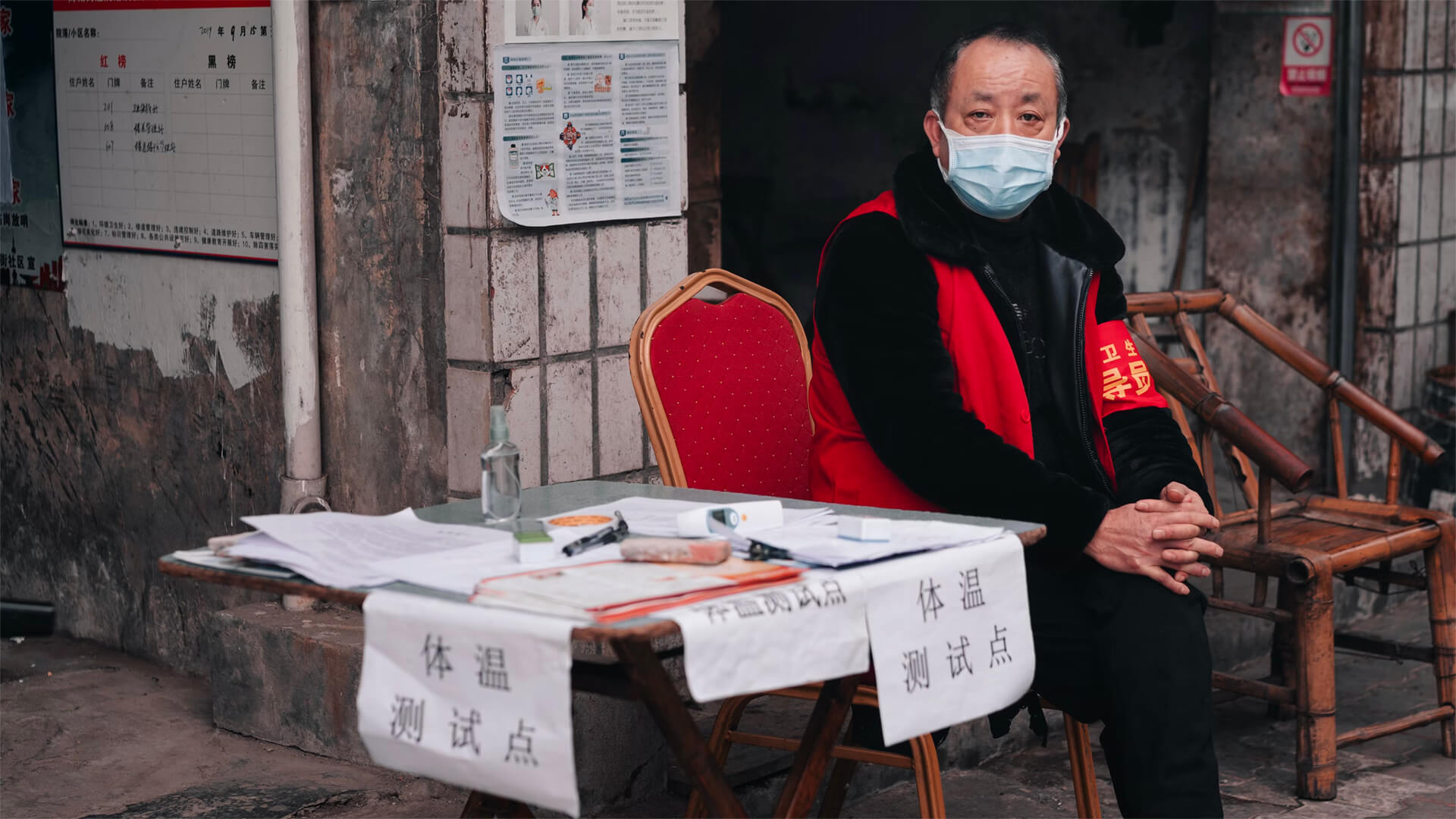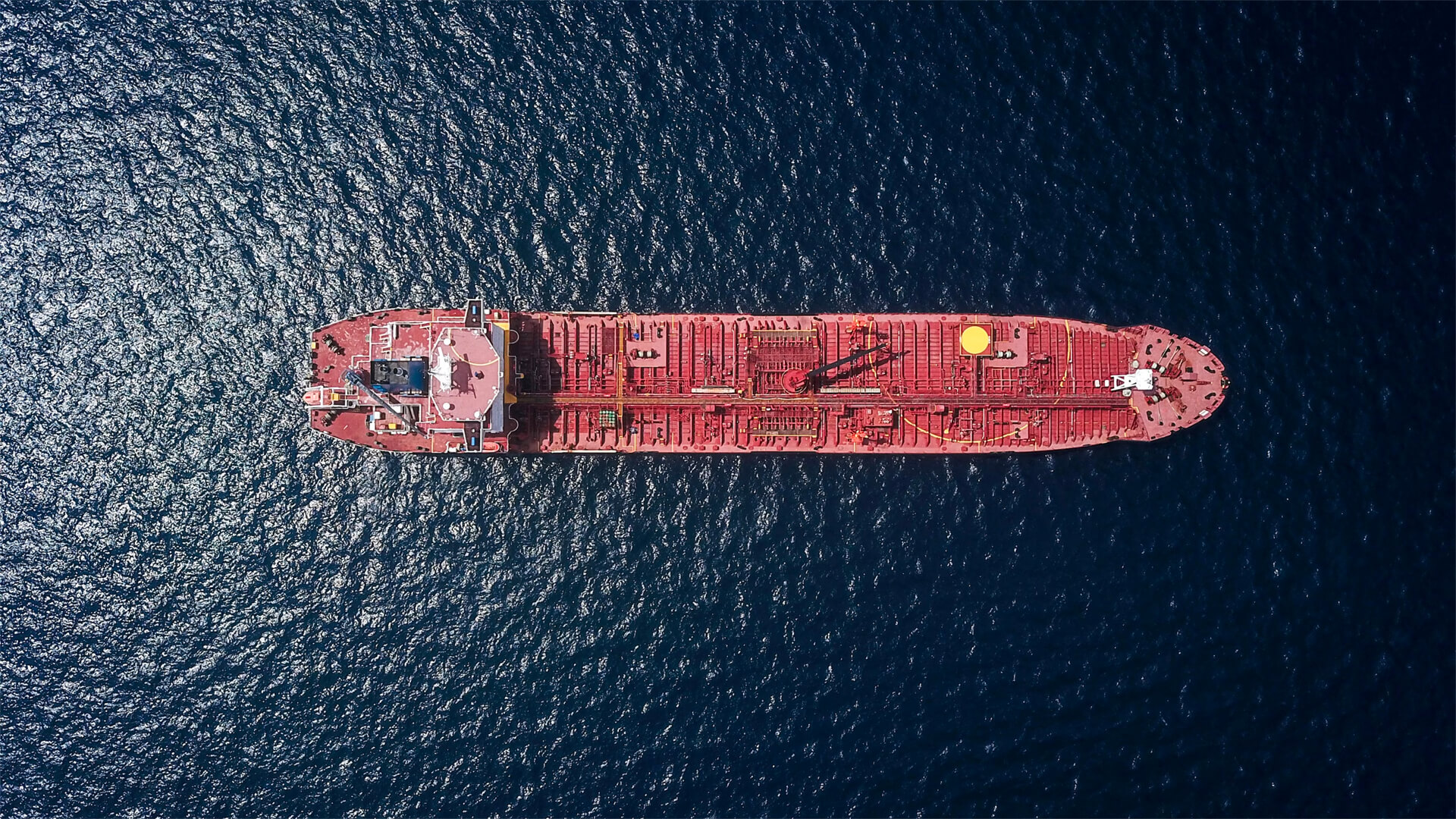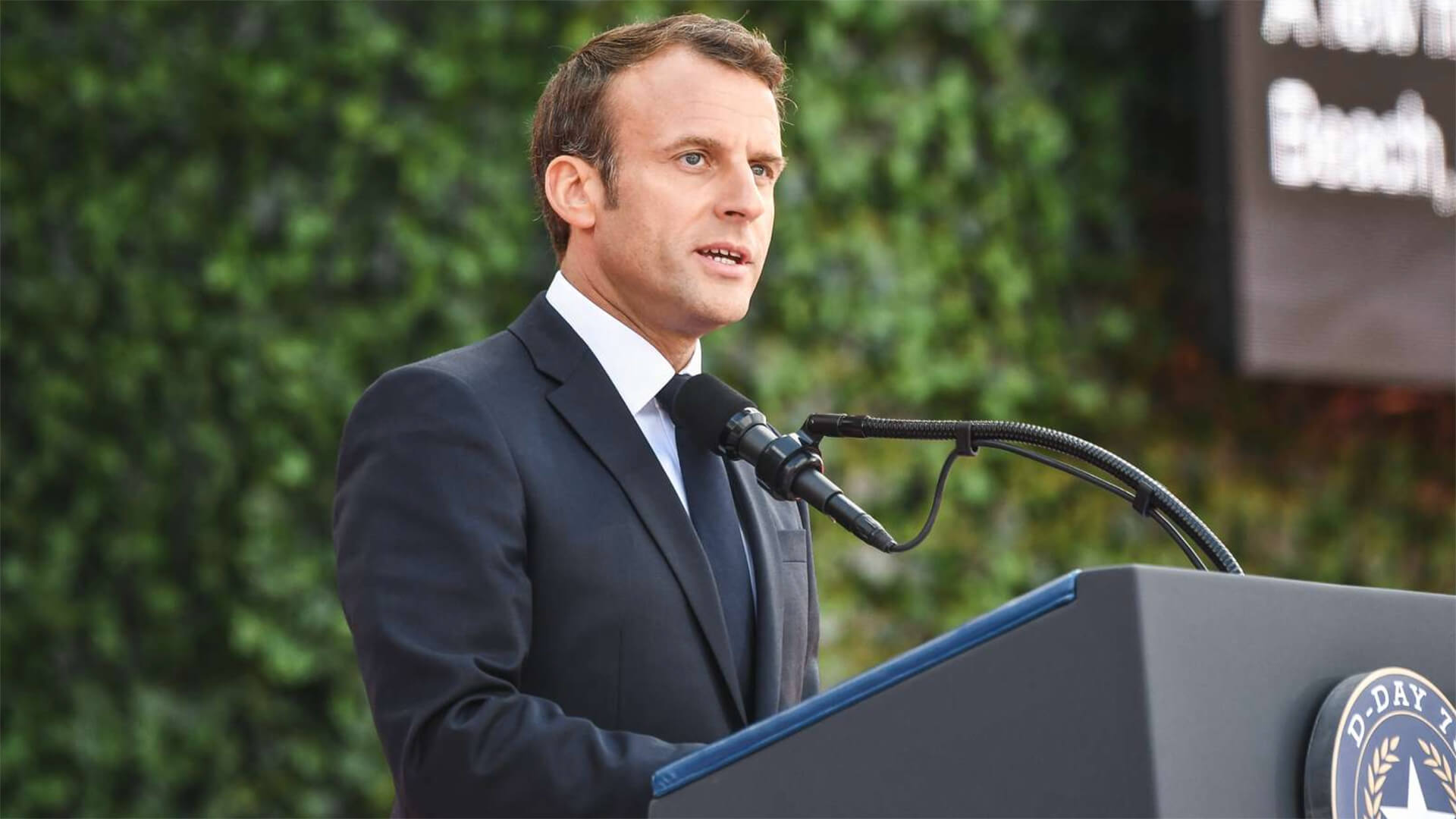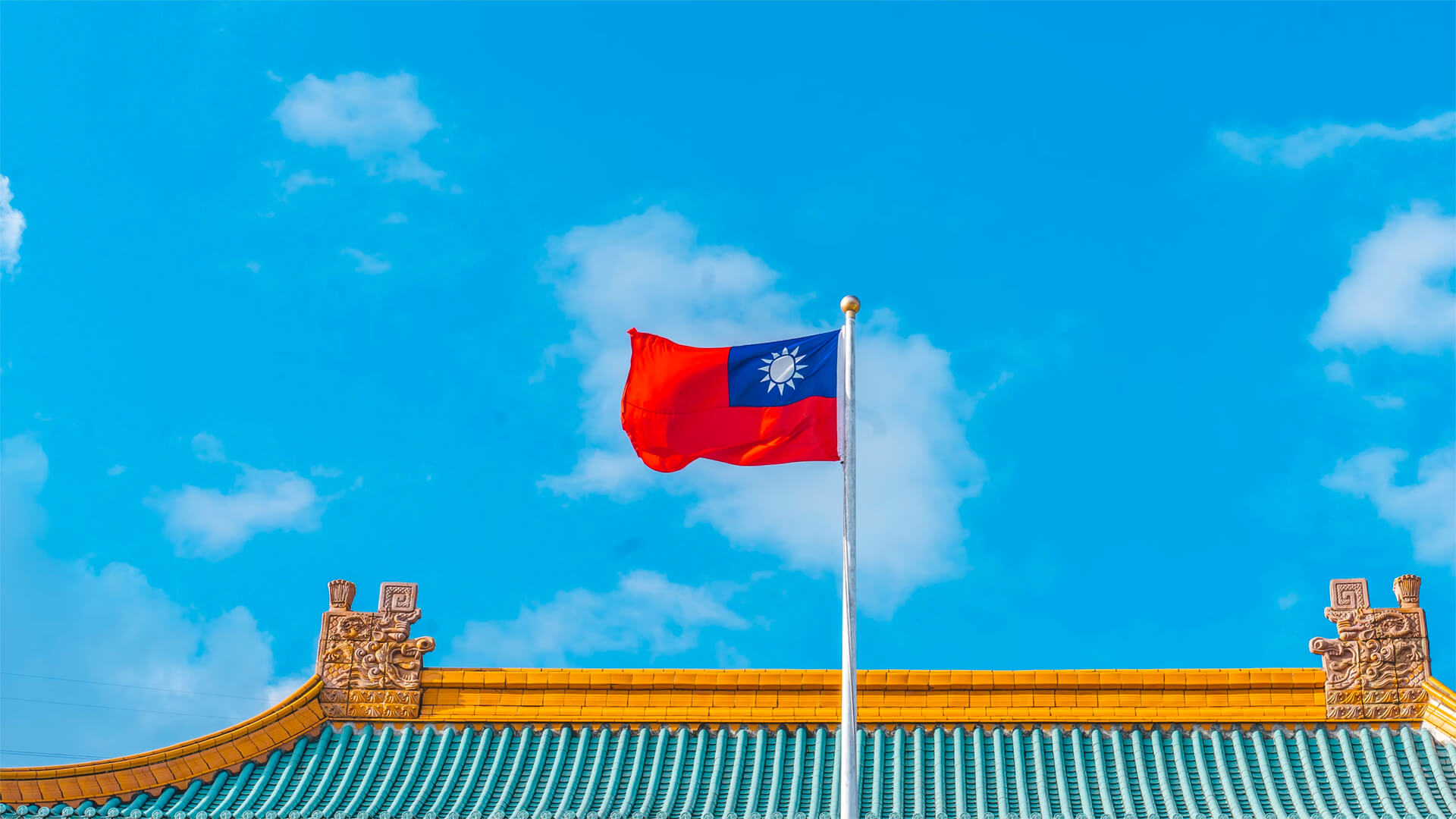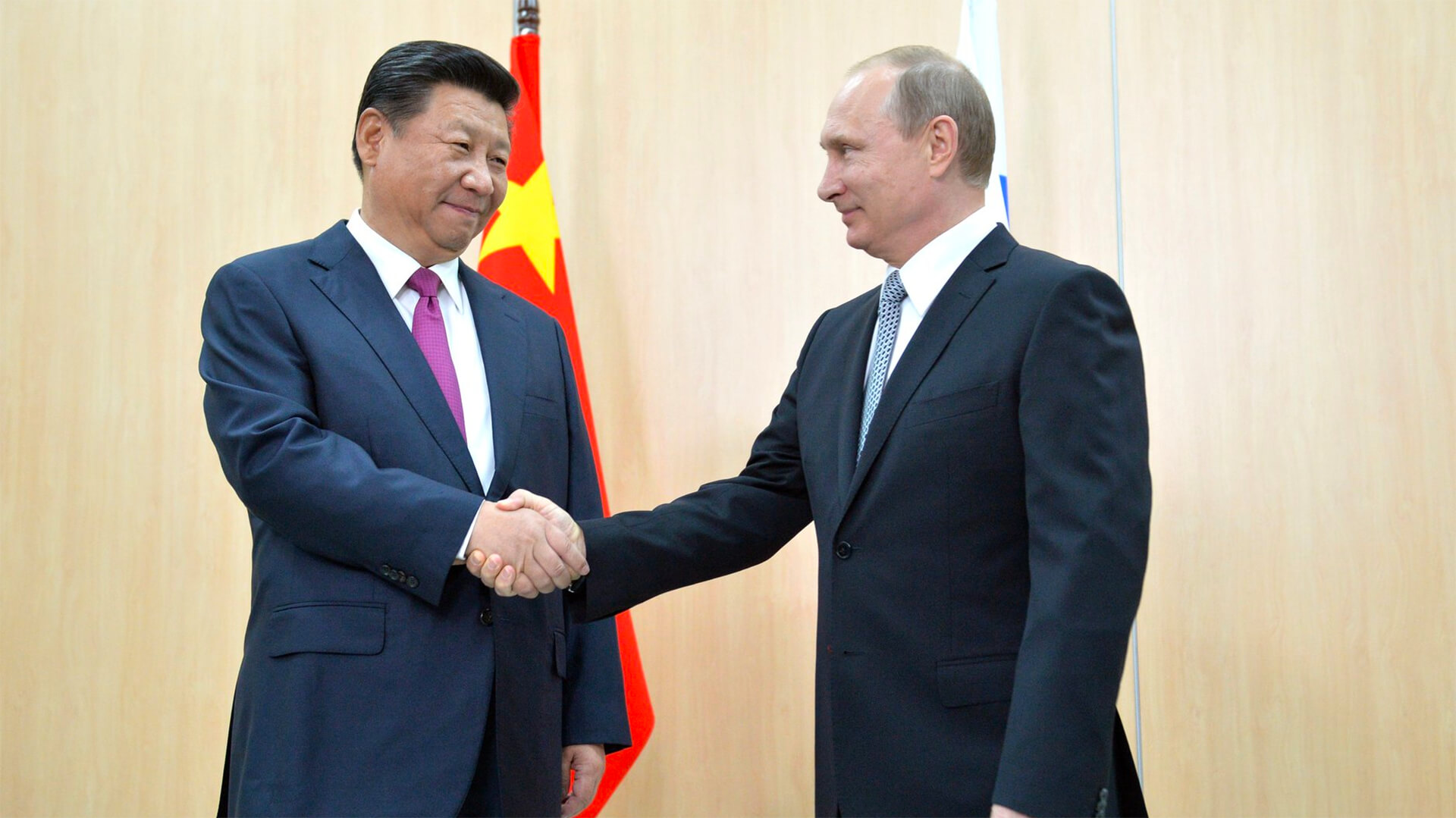As countries across the globe peeled back COVID restrictions, many of those economies saw huge (and much-needed) bumps. With China approaching six months since lifting its lockdown, the question on everyone’s mind is why hasn’t the world’s second-largest economy seen an economic bump?
I won’t hold my breath, and the Chinese shouldn’t, either. There is simply too much going on in the Chinese system for reopening to fix everything magically. Between countries pulling their manufacturing needs from China in favor of reshoring, a growing anti-China sentiment, and a terminal demographic situation…China isn’t looking so hot.
It shouldn’t come as a surprise to anyone that China isn’t going to be getting a post-COVID bump. In all likelihood, they are probably going to experience an economic slump.
Prefer to read the transcript of the video? Click here
Here at Zeihan On Geopolitics we select a single charity to sponsor. We have two criteria:
First, we look across the world and use our skill sets to identify where the needs are most acute. Second, we look for an institution with preexisting networks for both materials gathering and aid distribution. That way we know every cent of our donation is not simply going directly to where help is needed most, but our donations serve as a force multiplier for a system already in existence. Then we give what we can.
Today, our chosen charity is a group called Medshare, which provides emergency medical services to communities in need, with a very heavy emphasis on locations facing acute crises. Medshare operates right in the thick of it. Until future notice, every cent we earn from every book we sell in every format through every retailer is going to Medshare’s Ukraine fund.
And then there’s you.
Our newsletters and videologues are not only free, they will always be free. We also will never share your contact information with anyone. All we ask is that if you find one of our releases in any way useful, that you make a donation to Medshare. Over one third of Ukraine’s pre-war population has either been forced from their homes, kidnapped and shipped to Russia, or is trying to survive in occupied lands. This is our way to help who we can. Please, join us.
CLICK HERE TO SUPPORT MEDSHARE’S UKRAINE FUND
CLICK HERE TO SUPPORT MEDSHARE’S EFFORTS GLOBALLY
TRANSCIPT
Hey everyone. Peter Zeihan here, still in Monterey. That’s my plane right there. We just got delayed for another hour. Anyway, on the topic of waiting, where is this ridiculous idea of a COVID recovery for the Chinese? I mean, come on, it’s been six months. I would argue that you really shouldn’t wait for it any longer. There’s a number of things that are going on that are structural for the Chinese system, that aren’t going to be fixed by anything as minor as reopening.
Most Chinese economic growth has been caused over the years by either investment in industrial plant to serve external markets or the production of goods to serve those external markets. So basically, think of offshoring onshore. That has been a lot of the growth story and especially the technological advance for these past 20 years that has probably peaked.A few things…
Number one, the world and especially the United States, has turned sharply anti-Chinese when it comes to investments. And so there’s a lot more effort to do things with friends or at home or at least nearby. Biggest beneficiaries of that so far have not just been the United States, but Mexico and Vietnam. Nothing’s changed there.
Second, the production costs in the United States system in terms of energy and labor productivity. Everything is lower than they are in China. So there are very, very few industries that have tried to move out of China back to the United States and discovered that it’s been anything other than a wondrous experience.
And third, there’s a personal, personal angle here where you’re going to drop $1,000,000,000 in a country in order to do a big investment. You know, you kind of go and scouted around first. And because of COVID, no American CEOs went to the country for the entirety of calendar year 2020, 2021 or 2022. If they did, they were subjected to the joys of literally an Eagle probe to check them for COVID. We like to call this an economic parlance, a non-tariff barrier. Well, the average turnover for an American CEO is five years. And if for, three-three and a half years, you couldn’t even get there. Well, the personal connection where CEOs would link their personal performance professionally to some sort of activity in China, well, that’s that’s all gone. And so we’ve seen interest at the corporate level drop as well.
On top of that, it’s turning out that the Chinese demographic picture is significantly worse than anyone thought. Worse than the Chinese thought. And it’s not so much that the Chinese population became older than the average American in 2018 and was passed by by the Indian population in 2022. But those milestones probably happened a decade ago. If you look at the new data that’s coming out of the Chinese, so the economic case isn’t there.
The personal case isn’t there, the investment case is it there? And that’s before you consider the Chinese have kind of become a bag of dicks in international diplomacy, this whole wolf warrior approach has soured a lot of people and made it less likely for Chinese tourists to be welcomed and less likely for countries to be interested in seeking that at all.
So when you look at flights in and out of China to other countries, the global average is only about 40 to 50% of pre-pandemic levels. So there hasn’t been that kind of burst of revenge tourism that we’ve seen in a lot of places and flights to and from the United States where the business has done. That’s only 6% of pre-COVID levels.
So we’ve had a significant shift of mindsets on all sides. And with the demographic collapse, meaning that consumption led growth was never possible again in China at bulk. Anyway, it really shouldn’t be a surprise that the Chinese are proving unable to have a post-COVID bump, which means we’re very close to a post-COVID slide, assuming nothing else goes wrong and a lot of other things are going wrong.
All right. See if I have another delay here…
Finally boarded. Oh, yeah. One more thing. We don’t know how many people, all right? We don’t know how many people died in China’s COVID experience. So I’m assuming that the anti-vaxxers are right. And this has never been worse than a common cold. That was a million people dead. People don’t spend money.
People who survived dead people tend to be kind of down in the dumps for a little bit of time. So the idea that there was ever going to be a big economic boom with China opened kind of throws in the face of, you know, logic and emotion, demographics and trade and a few other things. Anyway, I’m finally moving now from home by.

